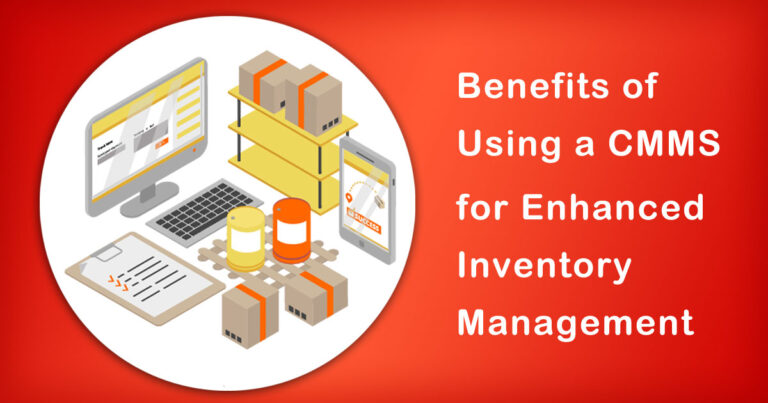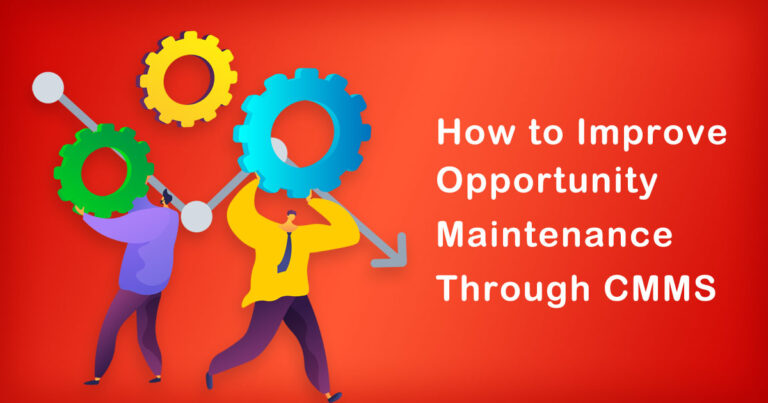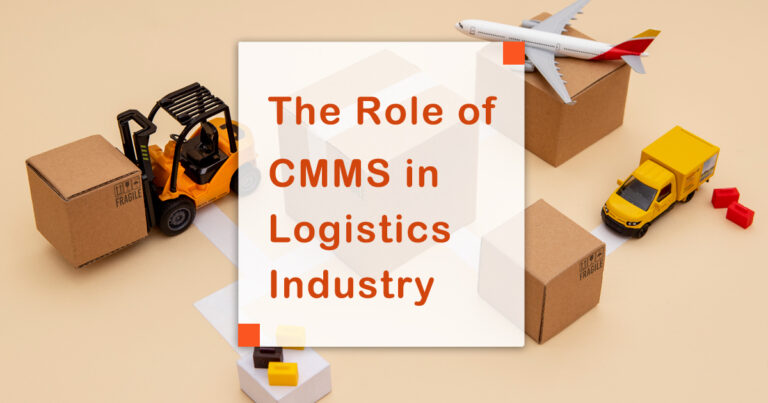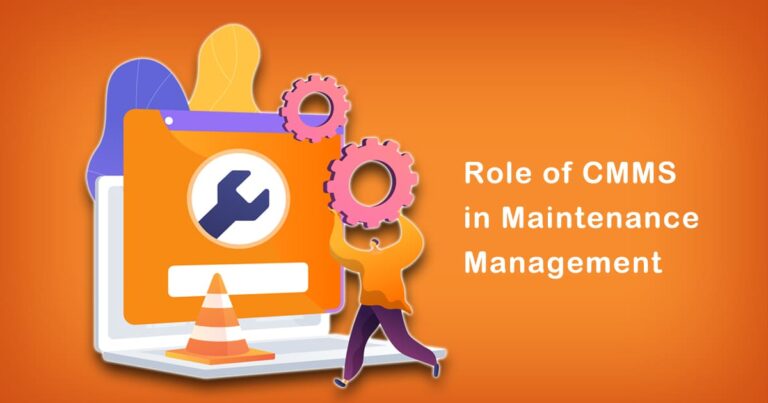Introduction
Maintenance is one of the most important aspects of any organization’s operations. Whether it is a manufacturing plant or a commercial building, proper maintenance can ensure that the assets are functioning optimally, reducing downtime and repair costs, and increasing safety. With the increasing complexity of modern machinery and equipment, it can be challenging to keep track of maintenance schedules, repairs, and inspections. This is where CMMS comes in. In this blog, we will explore what CMMS is, how it works, and why it is crucial for businesses.
What is CMMS?
CMMS stands for Computerized Maintenance Management System. It is a software solution that helps organizations manage their maintenance operations. A CMMS system helps companies keep track of all aspects of maintenance, including scheduling, work orders, inventory management, and asset tracking. It provides a centralized location for all maintenance-related data, making it easy to access and share information across teams.
How does CMMS work?
A CMMS system works by collecting data about the maintenance operations in an organization. This data can come from various sources, including work orders, inspections, and maintenance records. The system then uses this data to create a centralized database that can be accessed by authorized personnel. The database contains information on all aspects of maintenance, including equipment maintenance schedules, parts inventory, and work orders.
One of the essential features of a CMMS system is the ability to generate work orders automatically. These work orders can be created based on predefined schedules or triggered by specific events, such as a breakdown or inspection. The system can assign work orders to technicians based on their availability, skill set, and location.
Another critical feature of a CMMS system is inventory management. The system can keep track of all parts and supplies needed for maintenance, including their location and usage history. This information can help organizations ensure that they have the right parts in stock when they need them, reducing downtime and repair costs.
Why is CMMS crucial for businesses?
CMMS systems offer several benefits to organizations, including:
Improved maintenance planning and scheduling:
CMMS systems enable organizations to plan and schedule maintenance more effectively, reducing downtime and increasing productivity.
Reduced maintenance costs:
By keeping track of maintenance schedules and inventory, CMMS systems can help organizations reduce maintenance costs by ensuring that repairs and replacements are made at the optimal time.
Increased asset life:
CMMS systems help organizations keep track of equipment maintenance, ensuring that assets are properly maintained and last longer.
Better decision-making:
By providing a centralized location for maintenance data, CMMS systems can help organizations make better decisions about maintenance operations, including identifying trends and potential issues.
Improved safety:
CMMS systems help organizations ensure that equipment is properly maintained, reducing the risk of accidents and injuries.
Compliance:
Many industries have regulations regarding equipment maintenance and inspection. CMMS systems can help organizations ensure that they are compliant with these regulations by tracking maintenance and inspection records.
Conclusion
In today’s fast-paced business environment, maintenance operations can be challenging to manage without the right tools. CMMS systems provide a centralized location for all maintenance-related data, making it easy to manage and access information. By using a CMMS system, organizations can improve maintenance planning and scheduling, reduce maintenance costs, increase asset life, make better decisions, improve safety, and ensure compliance with regulations. If you are looking to optimize your maintenance operations, a CMMS system is an excellent investment.








